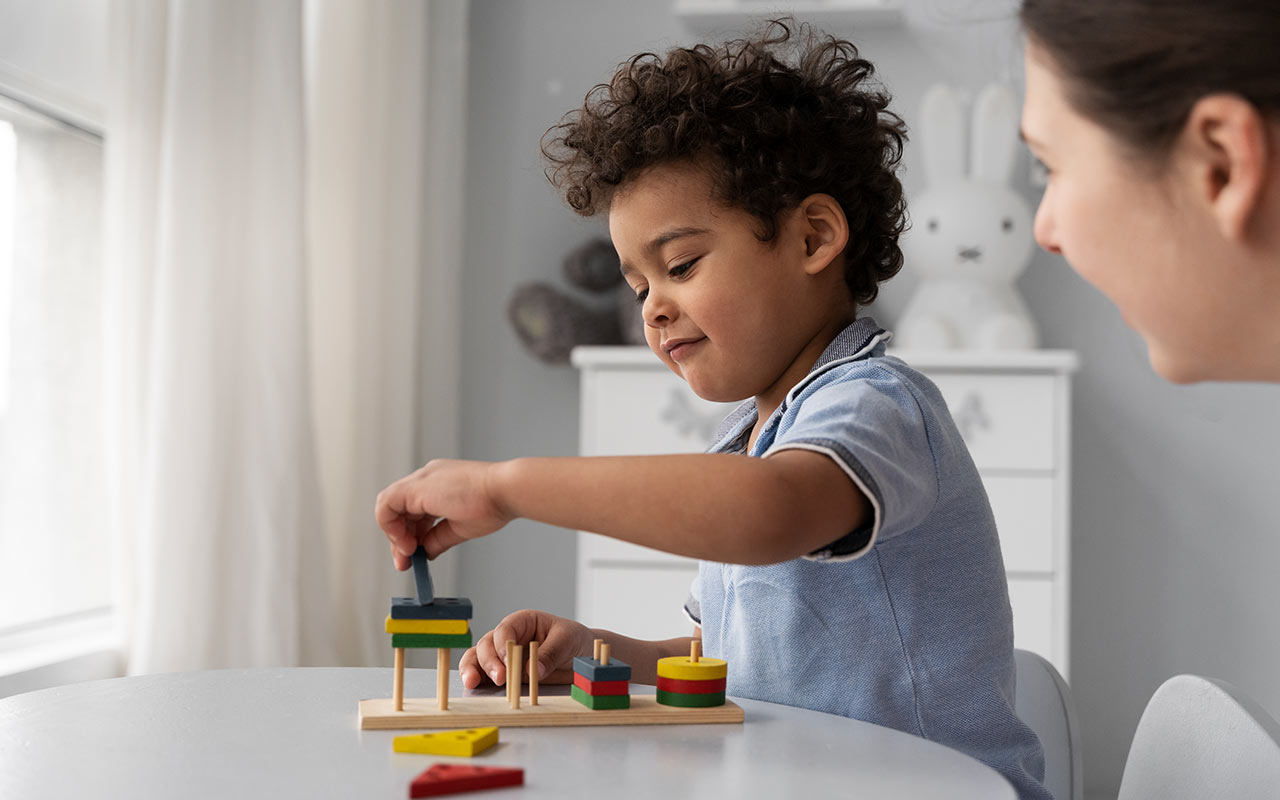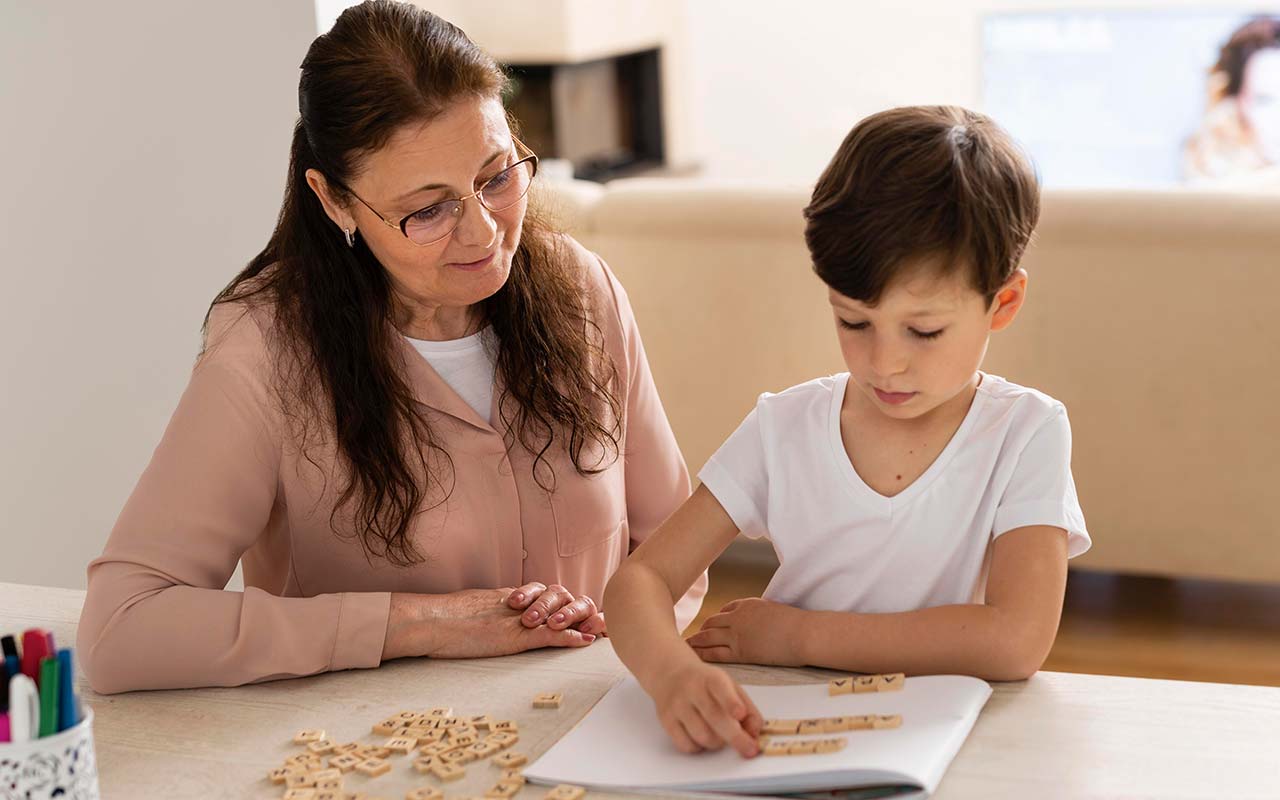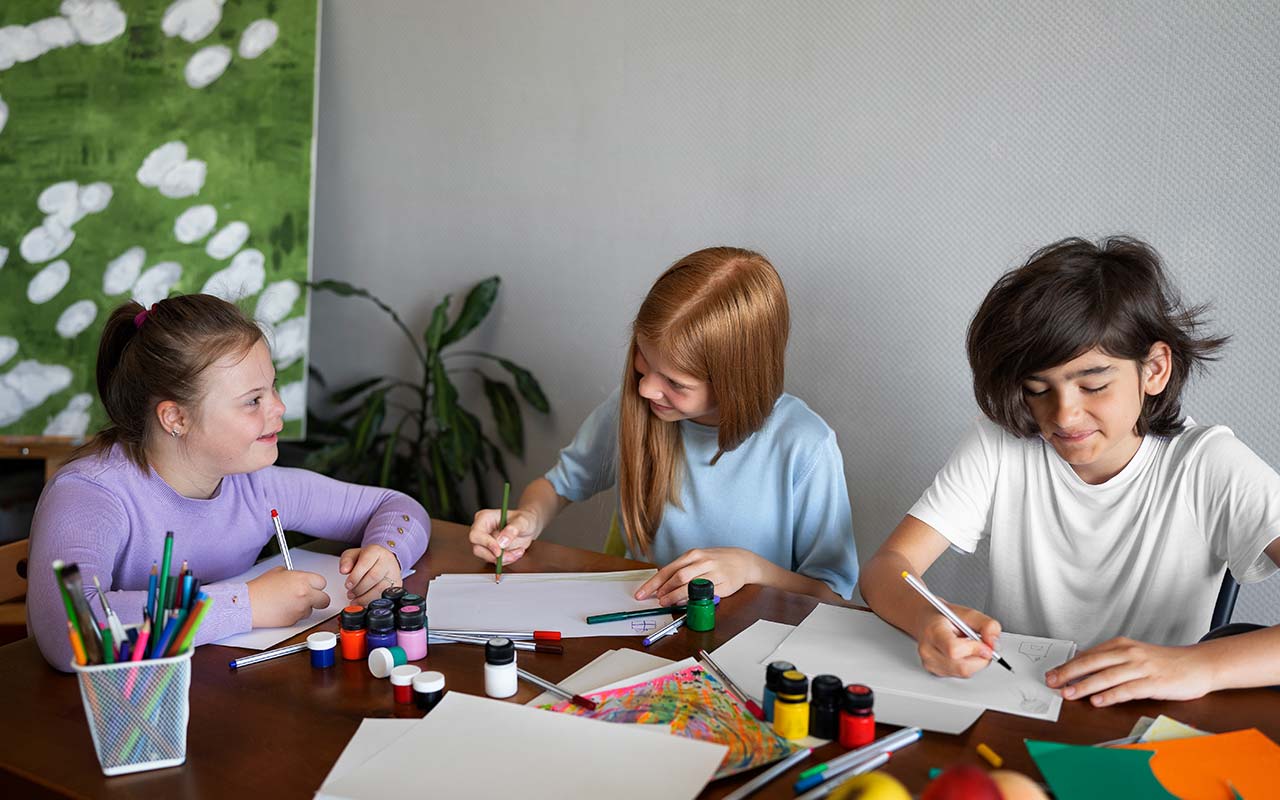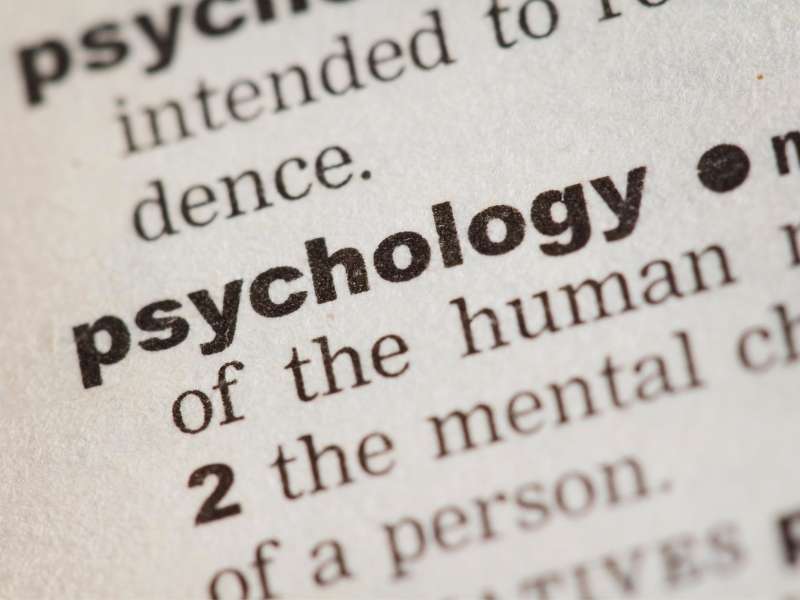Play therapy is a type of treatment that uses play to help kids, usually between the ages of 3 and 12, talk about their feelings, work through them, and solve psychological problems. Children can talk about their thoughts, feelings, and experiences in a non-directive and creative way with the help of different play activities and interactions with an experienced therapist. This can help them understand and heal their emotions.
Types of Play Therapy
There are two primary forms of play therapy used by play therapists:
Directive Play Therapy
With directive play therapy, the therapist takes a hands-on approach and leads the child through guided play activities to help them express themselves. They’ll typically give specific instructions and supervise the child as they go through it.
Non-directive Play Therapy
Non-directive play therapy makes use of a less controlled environment. The therapist leaves the child to engage in whatever play activities they might enjoy and express themselves with limited interference.
Techniques of Play Therapy
Sandplay Therapy
In this technique, the child uses a tray of sand and miniature figures or toys to create a world or scene that reflects their inner thoughts, feelings, and conflicts. The therapist observes and discusses the child’s creations with them, helping to uncover underlying emotions and themes.
Puppet Play
Puppets provide a way for children to express themselves indirectly. The child may use puppets to act out scenarios or engage in conversations, allowing the therapist to gain insights into the child’s thoughts and emotions.
Art Therapy
Art materials like paints, crayons, and clay are used to encourage children to express themselves creatively. The child’s artwork can serve as a visual representation of their feelings, fears, and hopes, enabling the therapist to engage in meaningful discussions.
Dramatic Play
This technique involves role-playing and imaginative play. Children may reenact real-life situations or create fictional scenarios to explore their emotions and experiences.
Therapeutic Games
Therapeutic games are designed to address specific emotional or behavioral issues while still being enjoyable for the child. These games help build social skills, improve emotional regulation, and foster a sense of accomplishment.
Storytelling and Books
Storytelling or reading books can indirectly address the child’s challenges. The therapist may select stories that relate to the child’s experiences, emotions, or concerns and then discuss the characters’ feelings and actions.
Symbolic Play
This technique involves using toys and objects to represent feelings, people, or events. Children can express themselves and work through issues by engaging in symbolic play with the therapist.
Play-Based Cognitive-Behavioral Techniques
Play therapy can incorporate cognitive-behavioral techniques adapted for children. Through play, the child learns coping skills, problem-solving strategies, and techniques to challenge negative thoughts and behaviors.
Relaxation and Mindfulness Exercises
Techniques such as deep breathing, progressive muscle relaxation, or guided visualization are integrated into play therapy to help children manage stress and anxiety.
Emotion-Focused Techniques
The therapist may use emotion-focused techniques to help the child identify and understand their emotions, fostering emotional intelligence and regulation.
Trauma-Focused Techniques
Play therapy can be adapted to address trauma by using techniques that facilitate the child’s processing and integration of traumatic experiences in a safe and supportive environment.
Check here to learn about The Benefits of Play Therapy








